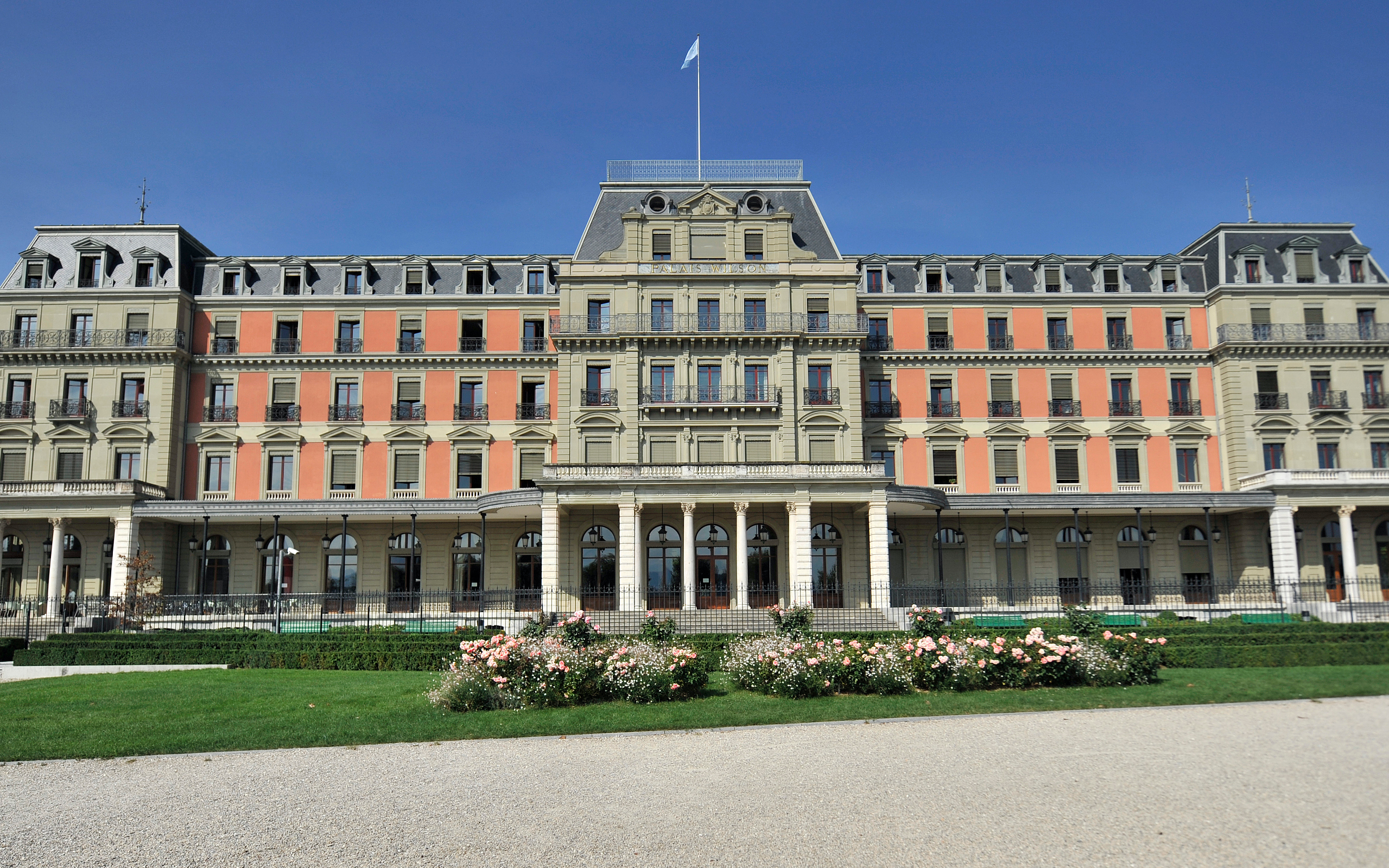The Special Procedures of the United Nations Human Rights Council released the 14th iteration of their joint communications report on Friday, May 27, 2016, documenting allegations of human rights abuses from around the world. In the most recent edition of the report, the Special Procedures singled out Bahrain and Saudi Arabia as among the worst offenders of human rights throughout the globe, citing Bahraini violations in three different cases involving a total of 12 individuals and one systematic complaint, while Saudi Arabia was the subject of three communications regarding four individuals. ADHRB has compiled summaries of each of these cases; you may find them below.
Bahrain
- Freedom of expression and opinion – The Rapporteur on Expression, Rapporteur on Human rights Defenders, and Rapporteur on Torture issued a complaint regarding alleged arbitrary arrest, detention, charges and prosecution, and in some cases of torture and ill-treatment of ten individuals. Individuals included were Mr. Ebrahim Karimi, Mr. Husain Ali Isa Mahdi, Mr. Ammar al Abid, Mr. Mahmood Tarish, Mr. Mohsen Abd-Ali, Mr. Hasan Abd-Ali, Mr. Nader Ebrahim Abdul-Imam, Mr. Nabeel Rajab, and Mr. Ali Ebrahim al Heli. The tenth individual was Mr. Ali al-Shofa who was a 17 at the time of his arrest. Authorities arrested all ten individuals for social media posts. The Bahraini government is allegedly using measures to regulate cyberspace and thereby limiting the exercise of the right to freedom of expression and opinion.
- Discrimination against Shia – The Rapporteurs on culture, extreme poverty, and religion wrote of concerns that the Bahraini government had engaged in systemic discrimination against its Shia citizens through cultural, economic, educational, and social policies. This situation was raised in the previous communication as well. The government allegedly targets Shia clerics for persecution and undermines the role of Shia and Bahrana in its official historical narrative. The government also allegedly discriminates against Shia in its citizenship, housing, media, and welfare policies, and has destroyed Shia mosques and sites of religious and cultural significance.
- Death Sentences of Mohamad Ramadan and Husain Moosa – The Rapporteurs on the Independence of Judges and Lawyers, Summary Executions, and Torture wrote of concern that Bahraini citizens Mohamad Ramadan and Husain Moosa had been sentenced to death on the basis of confessions coerced by means of torture. On 16 November 2015, Bahrain’s Court of Cassation rejected the final appeal brought on behalf of the defendants and the sentences were subsequently sent to His Majesty the King for final approval
Saudi Arabia
- Death Sentence against Ashraf Fayadh – The Rapporteurs on Culture, Expression, Religion, Human Rights Defenders, Independence of Judges and Lawyers, Torture, and Summary Executions wrote concerning the imposition of the death sentence in an unfair trial against poet Ashraf Fayadh. Fayadh was apparently sentenced to death for apostasy without legal representation. Fayadh, who had no legal representation during the judicial proceedings, was given 30 days to appeal the sentence. He remains in detention.
- Raef Badawi and Miklif bin Daham al Shammari – The Working Group on Arbitrary Detention and the Rapporteurs on Expression, Peaceful Assembly and Association, Religion, Human Rights Defenders and Torture wrote expressing concern regarding the imminent resumption of public flogging of human rights defender Raef Badawi for “insulting Islam and religious authorities.,” and the flogging of journalist Miklif al Shammari. Badawi is set to receive 1000 lashes in relation to his sentence from the Jeddah Criminal Court. Raef Badawi was the subject of the previous communication. Al-Shammari is set to receive 200 lashes at any time. His sentence has been referred for execution.
- Ali Agirdas – The Rapporteurs on Summary Executions and Torture expressed concern regarding the failure of Saudi authorities to return the body of Ali Agirdas to his family for burial. Agirdas, a Turkish national, was arrested for drug smuggling in Saudi Arabia, sentenced to death in 2008 following an unfair trial, and executed in 2014. The Rapporteurs on Summary Executions and Torture also expressed concern that the death penalty may have been carried out again him following judicial proceedings that do not appear to have fulfilled the most stringent guarantees of fair trial and due process.
Click here to read a pdf of the communication





